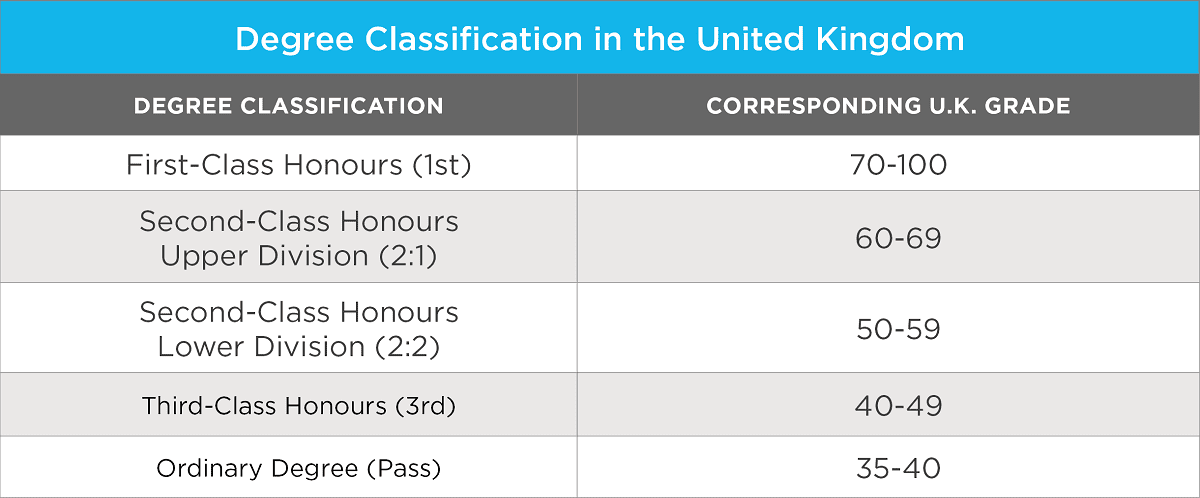
What’s the difference between an Honours degree and a non-Honours degree?
For the UK the inclusion of the ‘Honours’ element of a degree usually means that the student concerned attended a 3-year bachelor’s degree course including completion of an acceptable dissertation (or thesis) in the third and final year. Students exiting the course after 2 years, or those whose dissertations fail to pass in the 3rd year, can still obtain an overall degree pass but this is simply graded as a ‘Pass’ or ‘Ordinary’ degree, i.e. without Honours. However there are exceptions; for example in Scotland an Honours degree is 4 years not 3 and in many universities outside of the UK, the Honours element is only awarded if a sufficiently high overall grade point average (GPA) is attained, i.e. it’s simply an academic distinction as opposed to being linked to the thesis/dissertation element.
A non-Honours degree ‘has no grading system, i.e. you either pass and get a degree or you don’t’. However UK university dean unofficially explains the grades a little differently, like this:
A 1st = A (70%+)
A 2:1 = B (60%-70%)
A 2:2 = C (50%-60%)
A 3rd = D (45%-50%)
A Pass = E (40%-45%)
A Fail = below 40%
So how many Firsts are awarded? The general consensus is that the top 10 UK universities give out more Firsts than other universities, for example Oxford Uni was cited as having given out 30% of grades as Firsts, which is a significantly greater proportion than the average university — according to the Higher Education Statistics Agency (HESA), approximately 15% of all degree candidates graduate with a First while the figure for attainment of a Third was stated as only 7.2%. This also varies by course; statistically, Law students are least likely to be awarded a First whereas Mathematics students are most likely to be.

